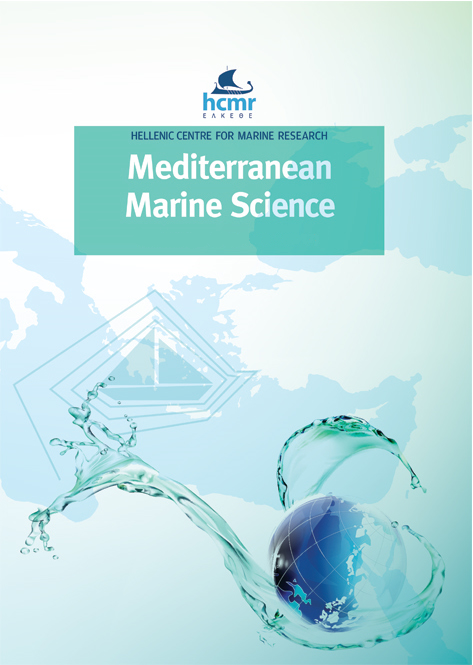A molecular framework for the systematics of the Mediterranean spindle-shells (Gastropoda, Neogastropoda, Fasciolariidae, Fusininae)

Abstract
A remarkably high diversity of native small spindle-shells (Gastropoda, Fasciolariidae, Fusininae) has been recently inventoried in the Mediterranean Sea, with 23 species identified based on shell morphology. They have almost invariably been classified in the genus Fusinus, and a few of them recently moved to other genera (Aptyxis Troschel 1868, Aegeofusinus Russo, 2017 and Gracilipurpura Jousseaume, 1880), mostly based on the sole shell features. We have reconstructed a molecular phylogenetic framework for the Mediterranean Fusininae, focusing on native species representative of the genus-level taxa. Our results confirmed that Fusinus s.s. (type species Murex colus Linnaeus, 1758) should be restricted to a group of large-shelled species from the Indo-West Pacific and does not fit any of the small-shelled Mediterranean fusinines. We confirm that Murex syracusanus Linnaeus, 1758 represents a distinct lineage, and show that for all the remaining species the pattern is suggestive of a single monophyletic radiation of small Mediterranean fusinines, for which the name Pseudofusus Monterosato, 1884 must be used.
Article Details
- Come citare
-
Fassio, G., Russo, P., Bonomolo, G., Fedosov, A. E., Modica, M. V., Nocella, E., & OLIVERIO, M. (2022). A molecular framework for the systematics of the Mediterranean spindle-shells (Gastropoda, Neogastropoda, Fasciolariidae, Fusininae). Mediterranean Marine Science, 23(3), 623–636. https://doi.org/10.12681/mms.29935
- Fascicolo
- V. 23 N. 3 (2022): VOL 23, No 3 (2022)
- Sezione
- Research Article
Authors who publish with this journal agree to the following terms:
- Authors retain copyright and grant the journal right of first publication with the work simultaneously licensed under a Creative Commons Attribution Non-Commercial License that allows others to share the work with an acknowledgement of the work's authorship and initial publication in this journal.
- Authors are able to enter into separate, additional contractual arrangements for the non-exclusive distribution of the journal's published version of the work (e.g. post it to an institutional repository or publish it in a book), with an acknowledgement of its initial publication in this journal.
- Authors are permitted and encouraged to post their work online (preferably in institutional repositories or on their website) prior to and during the submission process, as it can lead to productive exchanges, as well as earlier and greater citation of published work (See The Effect of Open Access).




